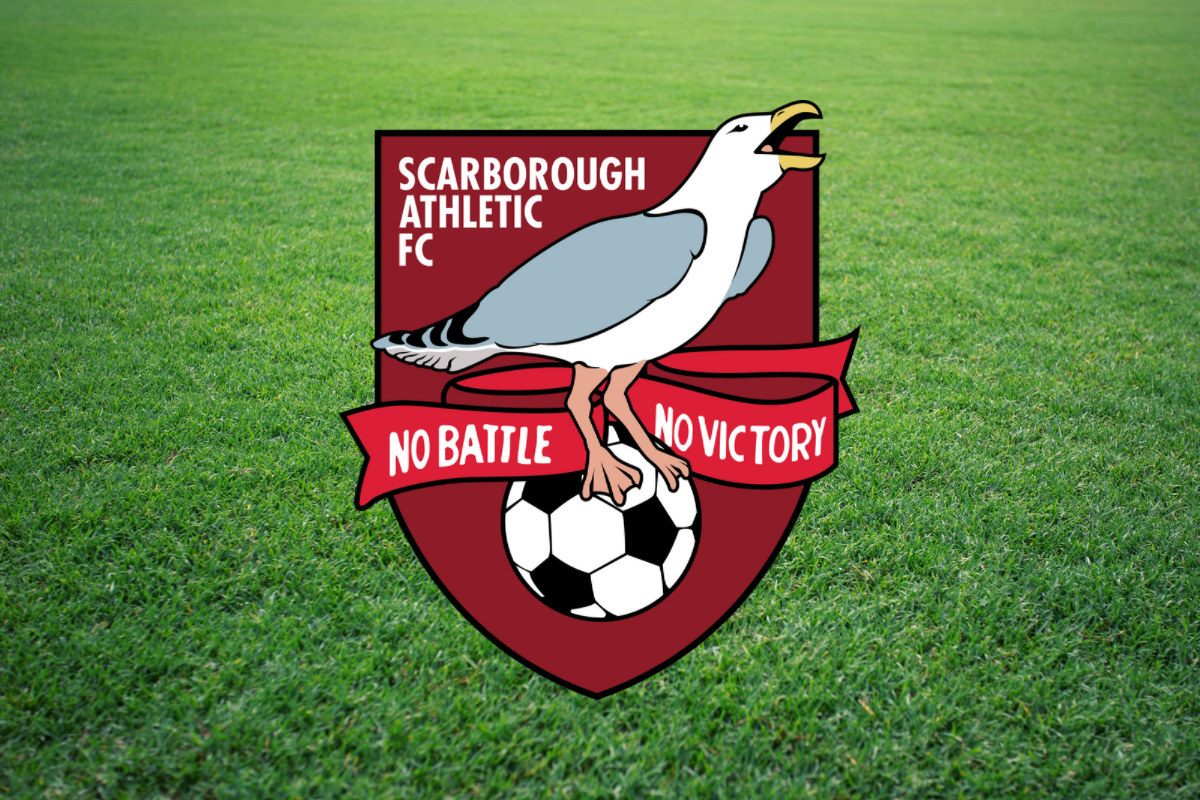Sir Keir Starmer is straining his diplomatic sinews to simultaneously praise Donald Trump's efforts to end the war in Ukraine, while repeating calls for a completely different approach - one which ends the cosy bonhomie with Vladimir Putin, threatens the Russians with sanctions, and puts the Ukrainians back centre stage.
If that's a message which feels like quite a stretch in writing, in person, during this morning's call of international leaders, it must have been even more awkward.
Major shift as Trump backs peace deal over ceasefire; follow latest
Donald Trump's public dismissal of the Europeans' previous calls for a ceasefire - after his tete-a-tete with Putin - has only highlighted divisions.
Of course, the prime minister and his European allies have no choice but to keep their criticism of the Alaskan summit implicit, not explicit.
Even as they attempt to ramp up their own military preparedness to help reinforce any future peace deal, they need President Trump to lead the way in trying to force President Putin to the negotiating table - and to back up any agreement with the threat of American firepower.
For Downing Street, President Trump's new willingness to contribute to any future security guarantee is a significant step, which Starmer claims "will be crucial in deterring Putin from coming back for more".
It's a commitment the prime minister has been campaigning for for months, a caveat to all the grand plans drawn up by the so-called Coalition of the Willing.
While the details are still clearly very much to be confirmed, whatever comments made by Donald Trump about his openness to help police any peace in Ukraine have been loudly welcomed by all those present, a glimmer of progress from the diplomatic mess in Anchorage.
Read more
Analysis: Trump is the real loser
Analysis: Indicted war criminal treated like a king
Key takeaways from the Alaska summit
Of course, the promise of security guarantees only means anything if a peace deal is actually reached.
At the moment, as the European leaders' bluntly put it in repeating Donald Trump's words back to him: "There's no deal until there's a deal."
Fears of Zelenskyy being painted as warmonger
There is clearly real concern in European capitals following the US president's comments that the onus is now on Volodymyr Zelenskyy to 'do a deal', that the Ukrainians will come under growing pressure to make concessions to the Russians.
As former defence secretary Ben Wallace said: "Given that Donald Trump has failed to deliver a deal, his track record would show that Donald Trump then usually tries to seek to blame someone else. I'm worried that next week it could be President Zelenskyy who he will seek to blame.
"He'll paint him as the warmonger, when in fact everybody knows it's President Putin."
The European leaders' robust statements describing the "killing in Ukraine" and Russia's "barbaric assault" are an attempt to try to counter that narrative, resetting the international response to Putin following the warmth of his welcome by President Trump - friendlier by far than that afforded to many of them, and infinitely more than the barracking President Zelenskyy received.
They'll all be hoping to avoid a repeat of that on Monday.

(c) Sky News 2025: Sir Keir Starmer and his allies have no choice but to keep their Trump criticisms implicit




 Death cap mushroom trial: How murder plot unfolded - and how killer tried to cover her tracks
Death cap mushroom trial: How murder plot unfolded - and how killer tried to cover her tracks
 Putin has agreed Ukraine can have 'NATO-style' security guarantee, Trump envoy says
Putin has agreed Ukraine can have 'NATO-style' security guarantee, Trump envoy says
 Why is Zelenskyy bringing a posse of European leaders to the US for peace talks?
Why is Zelenskyy bringing a posse of European leaders to the US for peace talks?
 Why fresh sea legs are vital in the UK fishing industry
Why fresh sea legs are vital in the UK fishing industry
 Thousands of hot dogs spill across busy highway
Thousands of hot dogs spill across busy highway
 In maps: The territory Ukraine could be told to surrender in a 'land for peace' deal
In maps: The territory Ukraine could be told to surrender in a 'land for peace' deal











